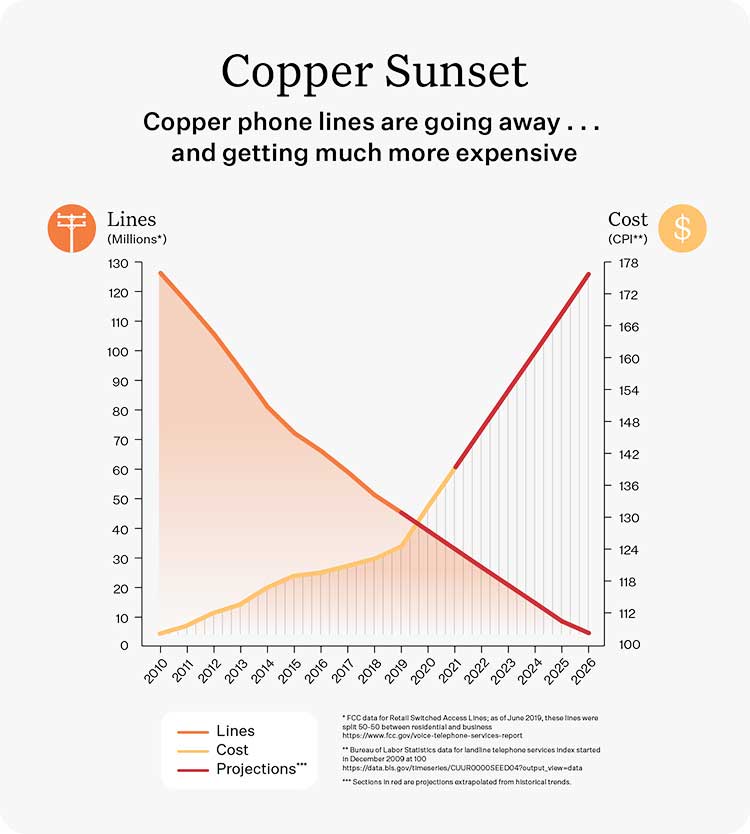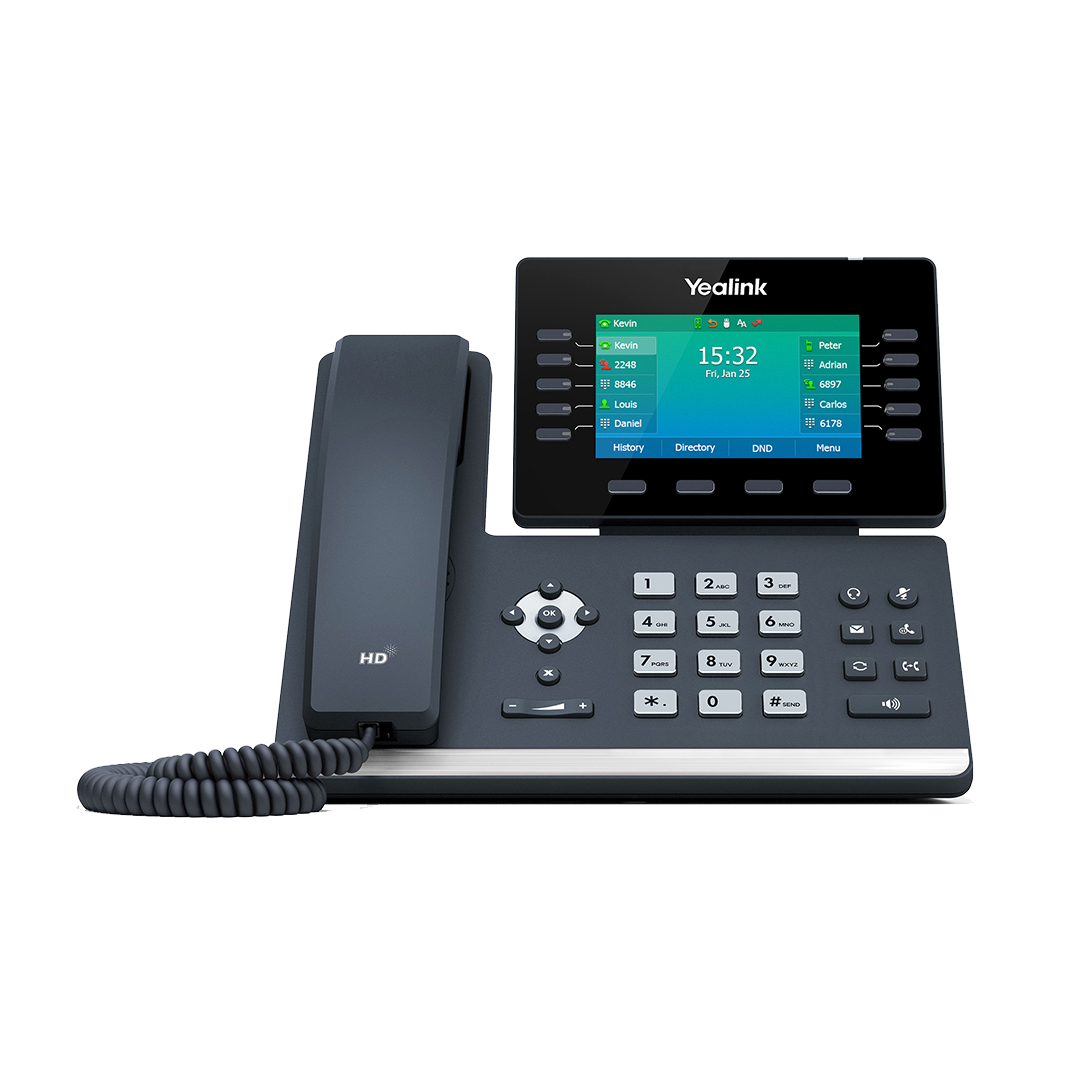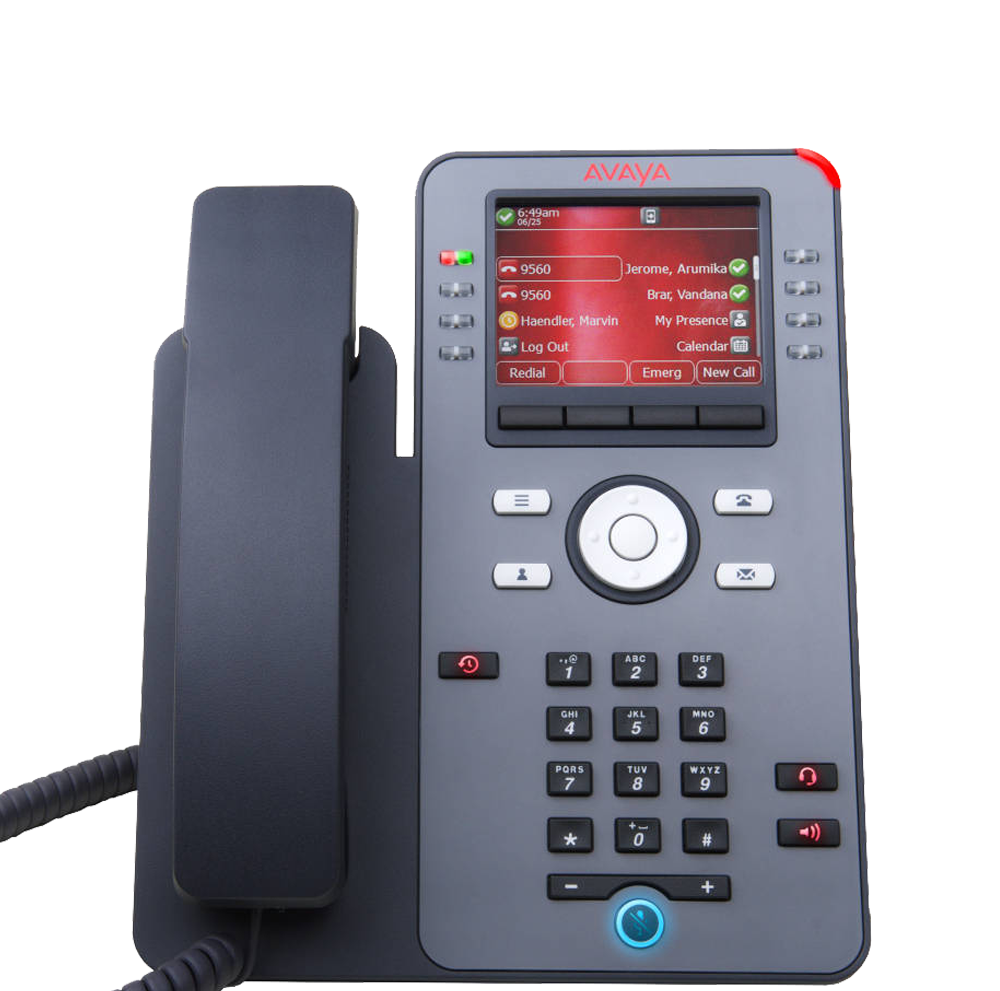SIP lines provide many benefits, including lower costs, better scalability, and advanced features like video and messaging.
Transitioning from traditional copper phone lines (PSTN or POTS) to SIP (Session Initiation Protocol) lines can offer several benefits for companies like yours.

Cost Savings
SIP lines typically have lower costs compared to traditional phone lines, especially for long-distance and international calls. Additionally, SIP trunking allows you to consolidate voice and data traffic, reducing the need for separate infrastructure and maintenance.
Scalability and
Enhanced Features
SIP lines are more easily scalable than traditional phone lines, making it easier to add or remove lines as your business grows or changes. This flexibility allows you to pay only for the capacity you need at any given time.
SIP lines support advanced communication features like video conferencing, instant messaging, and presence information that aren’t available with traditional phone lines. These features can enhance collaboration and productivity across your organization.

Reliable Unified Communications
SIP lines can offer greater reliability than traditional phone lines by leveraging the internet’s redundancy and failover capabilities. In case of an outage, SIP trunks can often reroute calls to alternate paths, minimizing downtime.
SIP lines enable businesses to integrate their voice, video, and messaging services into a single, unified platform, simplifying management and improving the user experience.
Frequently asked questions
Are copper phone lines going away in Canada?
Bell and Telus, two major telecommunications providers in Canada, have been gradually transitioning from traditional copper-based infrastructure to more advanced fiber-optic networks and other digital communication technologies. This transition aims to provide faster, more reliable, and feature-rich communication services to their customers.
In urban areas and densely populated regions, both Bell and Telus have been investing heavily in deploying fiber-optic networks to deliver high-speed internet, television, and telephone services. As these fiber-optic networks expand, the reliance on copper infrastructure will decrease.
However, the retirement of copper infrastructure is not happening uniformly across the country. In some rural and remote areas, where the cost of deploying fiber-optic networks can be prohibitive, copper-based infrastructure may still be in use for the foreseeable future.
How do I switch from POTS?
Emerge IP, as a provider of next-generation communication solutions, can help a company transition from traditional POTS (Plain Old Telephone Service) lines to SIP (Session Initiation Protocol) lines. Here’s how we support this transition:
- Consultation and assessment
- SIP trunking solutions
- Equipment and infrastructure
- Network configuration support
- Training and onboarding
- Ongoing support and maintenance
- Continuous optimization
What if I don't want to transition off of copper?
In areas that Bell and Telus are making these upgrades the change is mandatory.
“If your home or business is within one of TELUS’ copper-retirement boundaries, transferring your existing TELUS services to PureFibre, or a wireless solution, is mandatory. If this change impacts you, TELUS will contact you with information about how to easily transfer your TELUS services to the upgraded network. If you’re already on PureFibre, congratulations – you’re all set.”
Telushttps://www.telus.com/en/social-impact/copper-retirement
“We are discontinuing our older Bell MTS wireless network, and the Total Internet plan is not available on our newer Bell Mobility network. In order to provide customers with comparable service and pricing, we need to move customers to a Wireless plan that is compatible with our newer network, along with a new home internet plan.”
Bellhttps://www.bellmts.ca/support/internet/wireless-internet/what-is-total-internet




